New infrastructure: First phase of Integrated Industrial Waste Treatment Facility at Suhar in operation
State-owned Oman Environmental Services Holding Company (be’ah), the national entity overseeing the management of the Sultanate’s solid waste sector, is establishing a network of sites for the safe handling, treatment and disposal of industrial waste emanating from the country’s manufacturing hubs.
Modern industrial waste management facilities are currently under various stages of development and operation at Suhar (North Al Batinah), Duqm (Al Wusta), and Raysut and Thamrait (Dhofar Governorate), be’ah stated in its 2020 Sustainability Report.
be’ah defines industrial waste as any waste resulting from industrial and manufacturing processes, oil and gas activities, and energy and water production. Its approach to the management of industrial waste — hazardous and non-hazardous — is guided not only by health, safety and environmental considerations but also economic, it noted. “be’ah has been devising strategic solutions to collect, treat and dispose industrial waste as per its nature (hazardous or non-hazardous). The company adopted international standards to implement multidimensional sustainable Industrial Waste management solutions, including providing opportunities to SMEs in transportation of hazardous waste,” the company said.
At Suhar, be’ah is currently establishing an Integrated Industrial Waste Treatment Facility (IWTF) in Sohar Free Zone to treat all types of industrial waste, including oil and chemical waste generated across Oman.
Planned for development in a phased manner, the first phase includes landfills, storage facilities, waste reception area and a solidification plant. An incineration unit will be added in the second phase, alongside a physical and chemical treatment unit and pre-treatment facilities — components designed to create an integrated waste treatment complex to serve this industrial port city.
At the same time, a temporary storage facility operating at Liwa is slated for closure once waste stockpiled there over the years is transferred to the new Suhar IWTF for final disposal. More than 80 per cent of the estimated 70,000 tonnes of waste stored at Liwa has since been moved to Suhar.
In Dhofar Governorate, be’ah has earmarked a special area within the municipal solid waste landfill at Thamrait for the storage of industrial waste “suitable for single lined landfilling”, according to the report. Separately, an inert landfill is being developed at Raysut for the storage of organic waste destined for incineration which may require further treatment before landfilling.
In Duqm, where a world-scale industrial and economic hub is under development, be’ah has constructed a facility to handle both municipal solid waste and industrial waste. “The landfill has been designed to accept inorganic waste with the highest classification for waste in Oman, as defined in the landfill acceptance criteria. It also includes general IW receiving facilities and a storage and handling area for organic waste destined for incineration and that requires further treatment before landfilling,” the entity – part of Oman Investment Authority (OIA) stated.
Finally, with a view to catering to the sizable amounts of hazardous and non-hazardous waste emanating from the oilfield areas of the country, be’ah has commissioned studies “to assess the requirements of oil and gas concession areas in order to establish the requisite infrastructure and find solutions for the industrial waste generated in them”, it added.



